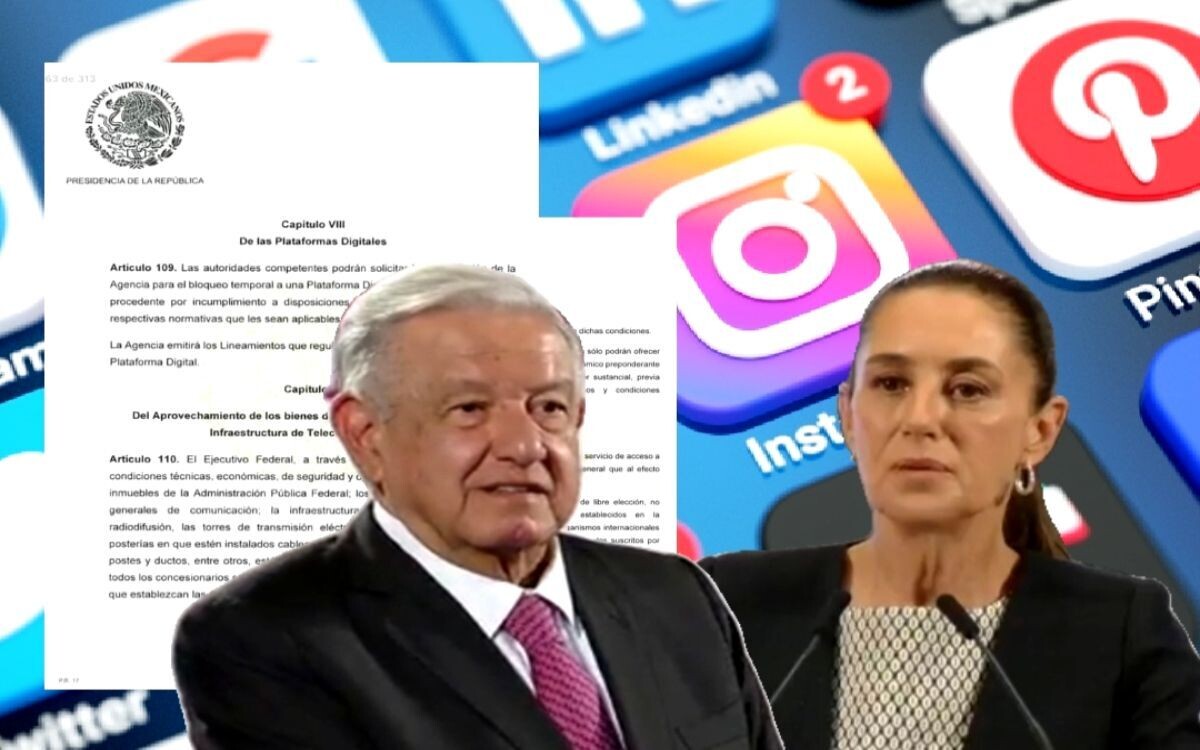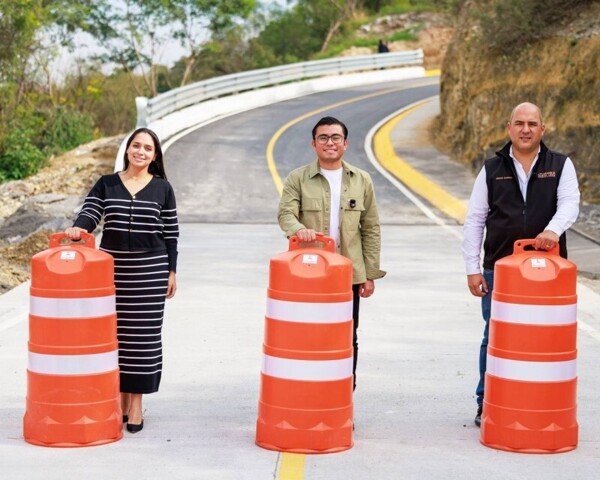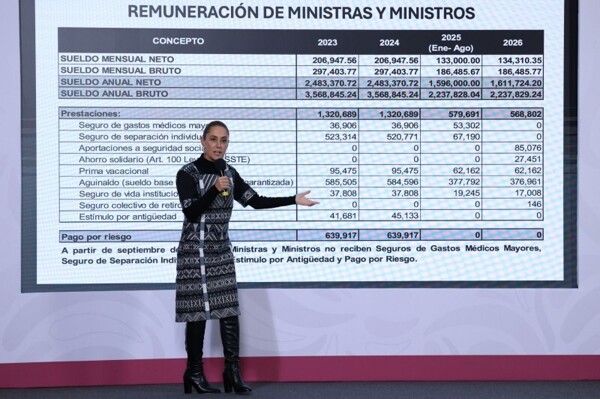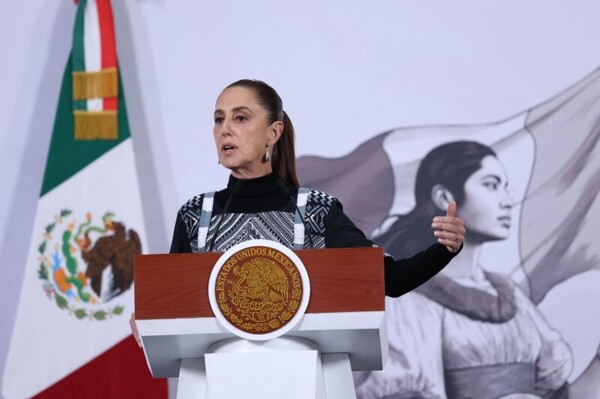
In 2014, during the term of then-President Enrique Peña Nieto from the PRI, a telecommunications reform was promoted that included provisions to block signals and restrict internet access under national security criteria, modifying articles 145, 190, and 197. Article 145 allowed licensees to block content by order of the authority; article 197 allowed obtaining real-time location data without a court order, and article 190 required the retention of metadata.
Opposition figures such as Andrés Manuel López Obrador, president from 2018 to 2024, and Claudia Sheinbaum, the current leader and then-leader of Morena, expressed their rejection of what they perceived as attempts at censorship. In this context, López Obrador expressed his concern at the time about possible actions of internet censorship, while Sheinbaum accused Peña Nieto of acting like a "little dictator" by attempting to censor the web.
On February 25, 2024, López Obrador criticized YouTube for censoring a press conference, calling it "arrogant and authoritarian." He also referenced the platform, mentioning that the Statue of Liberty had become an empty symbol. However, on April 24, 2025, within the framework of the Fourth Transformation, the Senate approved a reform to the Telecommunications and Broadcasting Law proposed by Sheinbaum, which has been criticized for opening the door to the temporary blocking of digital platforms.
The modification approved by the Senate's united commissions allows for the temporary blocking of digital platforms for non-compliance with regulations, although specific criteria have not yet been established in this regard. Organizations such as Article 19, R3D, and the UN Human Rights Office have warned that this reform could facilitate government censorship and the discretionary use of power to restrict digital rights or silence critical voices.
In response to the criticisms received, President Claudia Sheinbaum promised at a morning conference to modify the article in question to avoid any misunderstanding about possible censorship purposes, making it clear that this is not the goal of the legislation.














